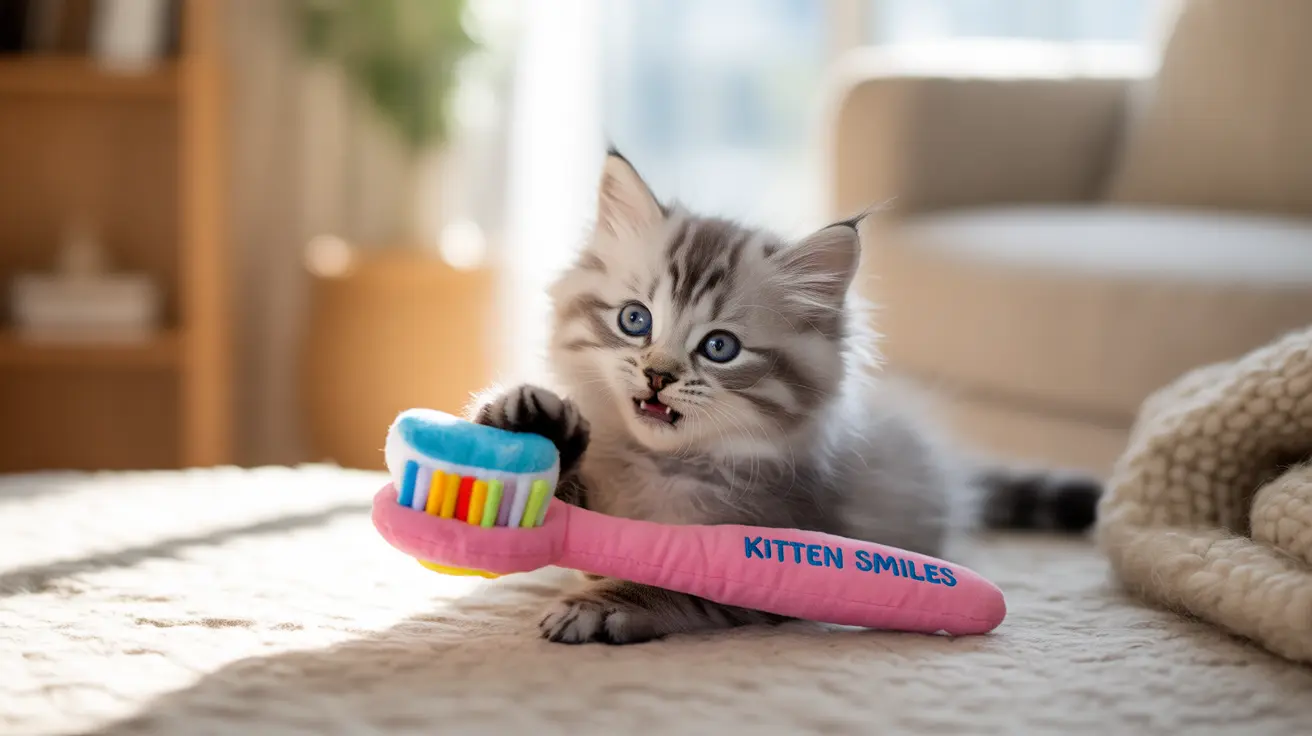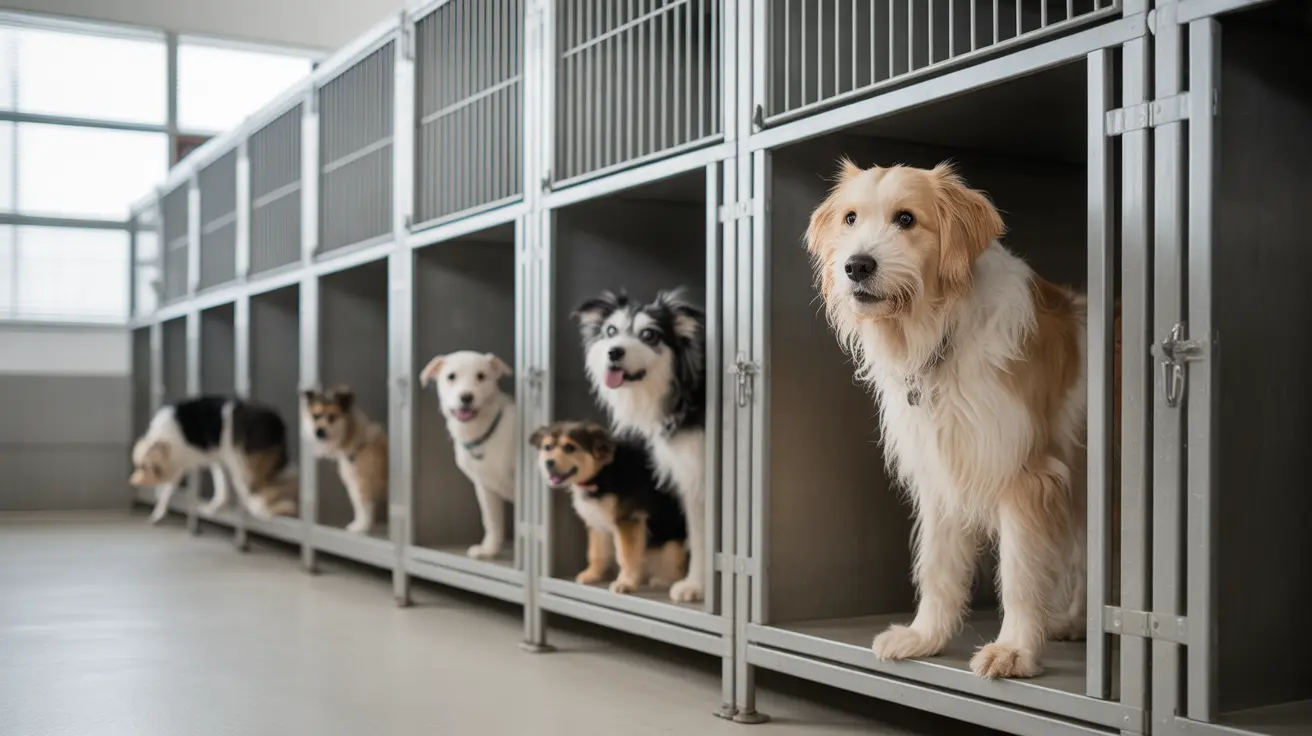If you've noticed your cat losing teeth, you might be wondering whether this is a normal occurrence or a cause for concern. The answer largely depends on your cat's age and overall health status. While tooth loss is a natural part of kitten development, adult cats should maintain their permanent teeth throughout their lives.
Understanding the difference between normal kitten tooth loss and concerning adult dental issues is crucial for every cat owner. Let's explore everything you need to know about feline tooth loss, from normal developmental stages to warning signs that require veterinary attention.
Natural Tooth Loss in Kittens
Kittens go through a perfectly normal teething process during their early development. They're born without teeth, and their first set of baby teeth (also called deciduous or milk teeth) begins to appear at around 2-4 weeks of age. These temporary teeth will eventually fall out to make way for permanent adult teeth.
The teething timeline typically follows this pattern:
- Baby teeth emerge: 2-4 weeks of age
- Baby teeth fall out: 3-6 months of age
- Adult teeth fully emerge: 6-7 months of age
Adult Cat Tooth Loss: A Warning Sign
Unlike kittens, adult cats should not lose their teeth. Once a cat has their full set of 30 permanent teeth, any tooth loss is typically a sign of underlying health issues. The most common causes of adult tooth loss include:
Periodontal Disease
This is the most prevalent cause of tooth loss in adult cats, affecting up to 90% of cats over four years old. It begins with plaque buildup that leads to inflammation of the gums and can eventually result in tooth loss if left untreated.
Tooth Resorption
This painful condition occurs when the body starts breaking down and absorbing the structures of the tooth. It's a common dental problem in adult cats and often requires tooth extraction.
Trauma
Physical injury from accidents, falls, or fights can lead to tooth damage or loss. Even seemingly minor trauma can cause serious dental issues.
Prevention and Care
Maintaining your cat's dental health requires a proactive approach:
- Regular veterinary dental check-ups
- Daily or weekly tooth brushing with cat-specific toothpaste
- Dental-friendly diet and treats
- Professional cleaning when recommended by your vet
Signs of Dental Problems
Watch for these warning signs that might indicate dental issues:
- Bad breath
- Difficulty eating or dropping food
- Drooling
- Pawing at the mouth
- Bleeding or red gums
- Visible tartar buildup
- Changes in behavior or appetite
When to See the Vet
If you notice any adult tooth loss or signs of dental problems, schedule a veterinary appointment immediately. Early intervention can prevent more serious health complications and save your cat from unnecessary pain and discomfort.
Frequently Asked Questions
Is it normal for adult cats to lose teeth, or does this indicate a health problem?
No, it's not normal for adult cats to lose teeth. Any tooth loss in adult cats indicates a health problem that requires veterinary attention, most commonly periodontal disease or tooth resorption.
When do kittens typically lose their baby teeth and grow permanent adult teeth?
Kittens begin losing their baby teeth around 3-6 months of age and should have all their permanent adult teeth by 6-7 months of age.
What are the common signs that my cat might have dental disease causing tooth loss?
Common signs include bad breath, difficulty eating, drooling, red or bleeding gums, visible tartar buildup, and pawing at the mouth.
How can I prevent tooth loss and maintain my cat's dental health at home?
Regular tooth brushing, dental-friendly diets and treats, and routine veterinary check-ups are essential for maintaining your cat's dental health.
When should I take my cat to the vet for tooth loss or other dental issues?
Take your cat to the vet immediately if you notice any adult tooth loss, persistent bad breath, difficulty eating, or signs of oral pain or discomfort.
Remember, maintaining your cat's dental health is crucial for their overall well-being. While tooth loss is normal during kittenhood, adult cats should keep their teeth for life with proper care and regular veterinary attention.






